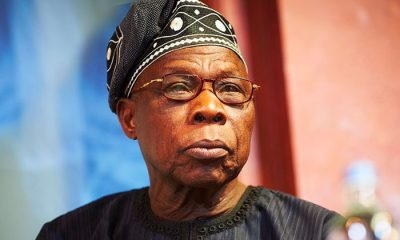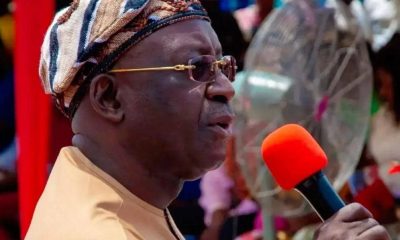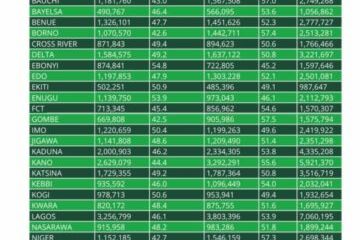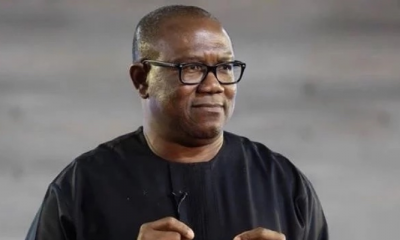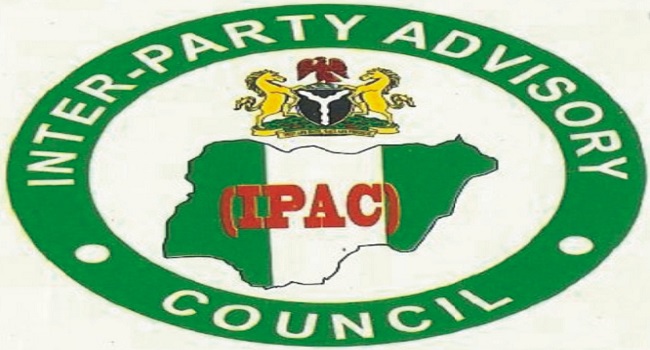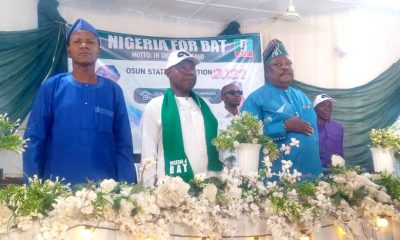News
[RapAround] 2023 Elections: Why The Twists & Turns Is Dangerous
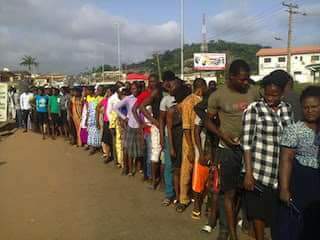
By Michael Ayotunde.
Without new Electoral Law in place – and in fact well ahead of time, the fast-approaching 2023 Elections is dead on arrival.
It is certain the trend will follow the usual but in glorious path of Nigeria’s way of doing things, that is, mouldy politicking. If not, how on earth do we justify this deliberate foot-dragging and nonchalance to effectively secure the general elections with water-tight Laws, Rules, Regulations and other procedures – well ahead of time to mid-wife a truly free,fair elections that will reflect voters’ aspirations?
True to fact, anywhere around the world, free and fair elections are the bedrock and hallmark of every functional democracy, thereby ensuring that governmental powers are a direct offshoot of people’s will. No perfect democracy, though, but there are usually clear moves in other lands to up the ante as the year rolls by. But in the case of Nigeria, the reverse is usually the case.
Why would the Federal Government effectively put all its eggs in one basket by keeping faith with a tediously old-fashioned, utterly expensive system of voting that has kept Nigeria in the doldrums for ages; and leaving the stage for political jobbers to have field day to squander huge resources and paint Nigeria blue-black among committee of nations? Here is a system that has rewarded treachery, thuggery, ballot snatching, ballot stuffing, killings and maiming over the years. Whether we like it or not, Nigeria’s style of electioneering is one of the root causes of corruption in the country.
To this end, it is on record that General Muhammed Buhari (rtd.) rejected same Electoral Amendment Bill four times in 2018, with the latest rejection being the fifth. This is 2022, we are still here, going back and forth in an endless circle.
Why is the government of President Buhari standing aloof as though the country does not deserve to have truly strong institutions? The type of institutions with capacity and competence to deliver on their respective mandate and or statutory obligations without interference.
Who in the Presidency, National Assembly or elsewhere is afraid of a TRULY INDEPENDENT INEC? Why is the institution (INEC) deliberately being crippled, and made to suffer undue, epileptic cerebral palsy year-in, year-out?The government sure has all the time to make all necessary provisions and requirements available but because the very people who have benefited from the flawed system and are in key positions, they certainly would not want the system changed for good.
It is crystal clear that any act that further depletes the fragile trust in the electoral system is an invitation to anarchy and may lead the nation further down to ignominy.
To say that passage and signing into law of the proposed Electoral Law well ahead of the 2023 general elections remains the best GIFT -ever to be bequeathed by the present administration to Nigerians, is to say the very obvious. Permit me to quickly add that the proposed Electoral Law/Bill is as good as yesterday’s pounded yam if it is not in the interest of Nigerians. A padded Electoral Law/Bill is certainly not acceptable – let the message get to the right quarters. This is more pertinent now that ‘padding’ has now been ‘adopted’as part of Nigeria’s governance indices. It is a fact that in Nigeria of today,padding – be it budget padding, contract padding/splitting etc are common factors.
*Some of the critical issues at a glance:*
• Option of direct primaries for political parties
• Empowering NCC to sanction INEC’s capacity to transmit results electronically
• Limit of political campaign finance
• Exclusive jurisdiction in pre-election matters on the Federal High Court
• Confusion around E-voting
• Independent candidacy
Developed countries such as United Kingdom, France, Germany,Switzerland, and developing countries like India, Venezuela, and the Philippines, according to reports, have all adopted and are using the full complement of e-voting.
On the other hand, paper ballots, manual counting,manual collation, and hand carrying of results (physically) from the remotest part of the country to wherever results are to be counted, represent some of the most significant challenges that have affected the sanctity of elections in our part of the world and made a mockery of democracy.
What stops Nigeria from deploying full complements of technological innovations to conduct elections – to save cost, cut activities of middlemen, silent thuggery once and for all?
The old-fashioned style of physical voting is the most unpleasant system to be adopted whole-heartedly by a government that has been rooting vigorously for digital economy. It attests to the fact that they truly speak from both sides of the mouth. Owing to debilitating security situation in the country, it is totally suicidal to again shut down the economy, and gather people physically (on queue) for hours to cast their vote – when in actual fact voters can cast their vote within the comfort of their houses or from anywhere with e-voting (voting App). With the right political will, this is possible.
Are banks, top brands, big organizations not using Apps? Have they not been efficient and effective? But when it is time to justify our gross ineptitude, we are always quick to insinuate mobile apps can’t guarantee the sanctity of votes.
E-compilation and e-transmission of results will no doubt strengthen our faith in the electoral system and, by extension, democracy.
After all, the essence of democracy is the sanctity of votes. Once the ballot is open to contestation, then it does not breed trust. The contentious nature of our elections has made Nigerians question successive elections, asking if they truly represent the wishes and aspirations of the people.
Sadly, owing to contentions about the nature and authenticity of election results, the courts now play a more significant or damning role in deciding who is the winner of an election, thereby denying the people the right to free choice. Examples of court-ordained leadership abound in the country.
*Continued delay is dangerous:*
INEC Chairman came out recently to say that further delay in the passage/signing of the new Electoral Law is inimical to achieving theCommission’s set goals.
According to him, it is important to have the law that would guide all elections in place at least 12 to 18 months before the exercise. Why would any serious government take such an outburst with levity? He also confirmed that without the law in place, it’ll be difficult to release elections time-table.
Though members of the National Assembly at plenary earlier in the week, made some amendments with a promise to transmit the document back to the President for assent, it is not clear where the pendulum will swing.
The Senate President, Senator Ahmed Lawan also said the house will “expeditiously” look into the issues raised in the Electoral Amendment bill. It remains to be seen how fast they intend to go about it.
What the country needs at this point in time, understandably, is practical leadership. A leadership that is seen to be firm, in charge and not the type that merry-go-round in an endless circle, thereby perverting the course of natural growth and development.
-

 Opinion5 days ago
Opinion5 days agoDon’t Pull the Plug: Why Nigerians Are Pleading for the U.S. to Extend Its Police Training Program — and Why It Must Synergize With New Military Arrivals
-

 Crime4 days ago
Crime4 days agoVigilante Reportedly Shoots Colleague Dead In Plateau
-
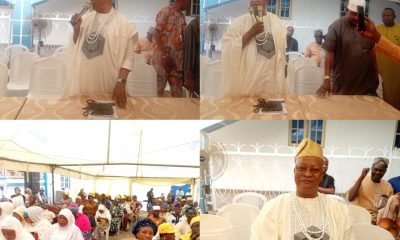
 News3 days ago
News3 days agoRamadan: Osun Cleric Urges Compassion Among Muslims As Asejere Distributes Relief Materials To 537 Beneficiaries
-

 News1 day ago
News1 day agoOkemesi Dies After Slipping Into Coma


